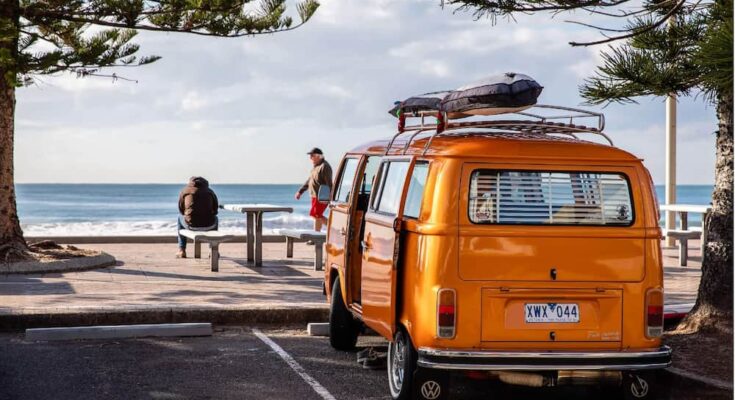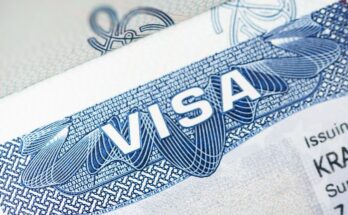Is It Safe to Travel during COVID-19?
After months of lockdown due to the COVID-19 outbreak, most countries have now begun the process of reopening. Although many restrictions are still in place, travel is gradually picking up pace since the people tired of staring at a screen now feel like stretching their legs. While the United States has opened tourist attractions like The Museum of Fine Arts in Houston for domestic tourists, European countries like Greece and Italy have started welcoming international travelers.
But a few relevant questions that travelers ask are, how safe is travelling in the COVID-19 era? How to ensure personal safety while traveling and avoid contact with people who could be potential carriers of the infection? Is air travel safe? Is it possible to visit a national park or museum while social distancing? And if you decide to venture on a road trip, is using public restrooms advisable?
Is Air Travel a Safe Option?

Dr Lin H. Chen, associate professor at Harvard Medical School, says, “Data to date suggest only rare possible occurrences of in-flight transmission of COVID-19.” According to Dr Chen, if people diligently follow the World Health Organization’s guidelines, the risk of transmission aboard airplanes is significantly reduced.
Data to date suggest only rare possible occurrences of in-flight transmission of COVID-19.
Dr Lin H. Chen, Associate professor at Harvard Medical School
Joe Allen, an assistant professor and director of the Healthy Buildings Program at Harvard T.H. Chan School of Public Health, says, “Many people think they get sick on an airplane, but the reality is that the air quality on an airplane is really good. It contains high amounts of clean outdoor air, and all recirculated air passes through a HEPA filter.”
Many people think they get sick on an airplane, but the reality is that the air quality on an airplane is really good. It contains high amounts of clean outdoor air, and all recirculated air passes through a HEPA filter.
Joe Allen
Most airlines these days have resorted to intensive cleaning as the new norm. Airplanes are being regularly fumigated and sprayed with an electrostatic disinfectant that sticks to surfaces such as seat belts. Wearing face masks is now mandatory for boarding any flight. Although there’s no national policy yet implemented in any country, most airlines don’t let you travel if you are running a temperature above 100.4 degrees F.
Internationally, travelling to a few destinations requires proof that you are COVID-19 negative. Many countries have mandatory COVID-19 testing upon arrival along with a 14-day quarantine.
However, according to Dr Michael Ben-Aderet, an infectious disease specialist, airports remain a high-risk area. He says, “Airports are a high-risk area because you have a lot of people from different areas moving through a central location.”
How Safe Is It to Stay in a Hotel?
A hotel is a shared environment, and comes with its risk factors.
Dr Ben-Ardent, Infectious Disease specialist
So, you’re better off camping in the woods than staying at a big-city hotel.
Hotels better equipped with risk mitigation protocols to handle the spread of the pandemic, such as requiring the guests and staff to wear masks in public areas are your best option. Check your hotel’s website to see how they’re responding to COVID-19.
It would help if you opted for hotels that have installed plexiglass at reception, or where you could check online and use your smartphone as the room key. Wash your hand before leaving and entering your hotel room. Avoid human contact by remaining at least 6-feet away.
Avoid elevators as much as possible; use the stairs instead to stay safe. Room service is a better option than dining in a restaurant. There’s no harm in going for a swim as standard pool cleaning procedures kill all viruses.
Is It Safe to Use a Public Restroom?

Public washrooms generally aren’t disinfected. Use well-ventilated bathrooms, and keep your distance from others, especially from those without masks. Joyce Sanchez, an infectious disease specialist at the Medical College of Wisconsin, says, “Assume that public restrooms are not properly disinfected and treat surfaces as if they have a live virus on them.”
Assume that public restrooms are not properly disinfected and treat surfaces as if they have a live virus on them.
Medical College of Wisconsin




